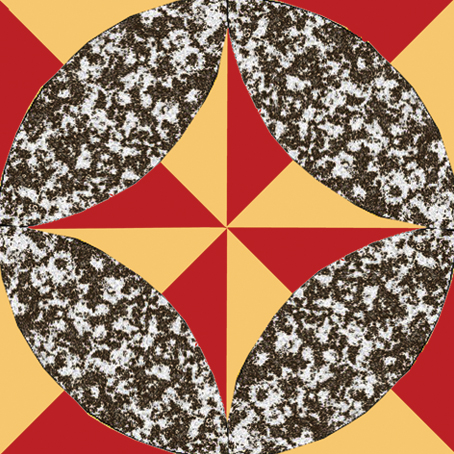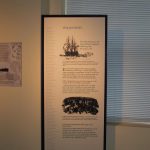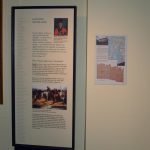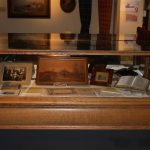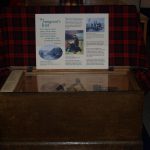Virtual & Travelling Exhibits
Virtual Exhibits
Thomas Talbot Virtual Exhibit
Click to view the Virtual ExhibitThomas Talbot Virtual Exhibit
The Scott Studio
Click to view the Virtual ExhibitThe Sifton VC – Elgin’s Role at Vimy Ridge
Click to view Education PlanThe Sifton VC – Elgin’s Role at Vimy Ridge
1812 Plaques
Brock's Creek
Click View Full PanelBrock's Creek
Col. Mahlon Burwell
Click View Full PanelCol. Mahlon Burwell
Burning of the Mills
Click View Full PanelBurning of the Mills
Col. Thomas Talbot
Click View Full PanelCol. Thomas Talbot
McArthur's Raid - Richmond
Click View Full PanelMcArthur's Raid - Richmond
Raids on the Settlement
Click View Full PanelRaids on the Settlement
Col. John Bostwick
Click View Full PanelCol. John Bostwick
The Founding of Sparta
Click View Full PanelThe Founding of Sparta
McArthur's Raid - St. Thomas
Click View Full PanelMcArthur's Raid - St. Thomas
Travelling Exhibits
Kist - The Scots in Elgin County
A large number of Elgin County’s early settlers were Highland Scots, many of whom arrived on the shores of Lake Erie as early as 1818 settling in Dunwich and Aldborough (now West Elgin). Some came from Caledonia in New York State, some from the failed Selkirk Settlement in present day Manitoba and many directly from Scotland. Following an initial settlement, a second wave arrived in the 1840s settling mainly in Dunwich. However, by the 1850s, Scots could also be found in Southwold and in Yarmouth (part of Central Elgin) where a group from Kilmartin had settled. Many of the later emigrants had been drawn here by letters from friends or relatives wherein they described their success in obtaining land and building a new life in Canada.
Many of the Scots who emigrated left because they found their land in such upheaval that they would rather risk disaster at sea and failure in an unknown land than stay and endure impoverishment. The improvements or “Clearances” begun in the Highlands in the late 18th century resulted in large numbers of crofters (tenants on small land holdings) being put off their acreages by the lairds and their agents who wanted the land for grazing sheep or deer. Many were taken from an agrarian existence in the glens and settled on the sea shore where they were expected to fish. Others were assisted with emigration to North America. Among the most actively improved areas in Scotland was Argyllshire, many of whose people would find a new home in Elgin County.
During his term as Governor-General (1878-1883), the Marquis of Lorne, later the Duke of Argyll, came to St. Thomas where a large number of the descendants of the Scots settlers assembled and presented an address of welcome in Gaelic. In his response Lorne said that not even in Scotland itself had he ever seen such a large assembly of Argyllshire Scots.
Museum Exhibit Available for Loan
Barn Quilts
The following Quilt designs can be found across Elgin County. Click the button below to learn more about each.













